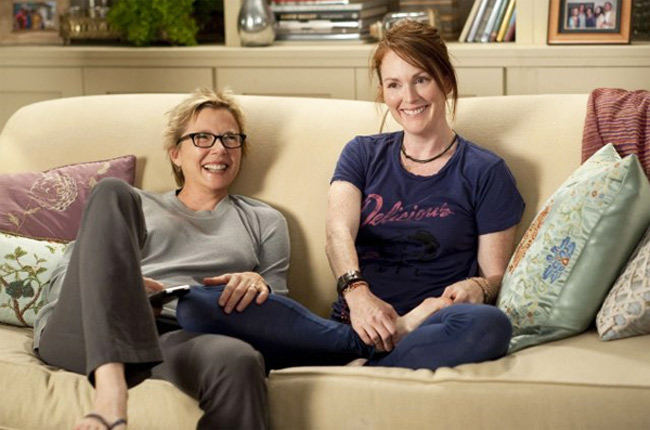
About one in five lesbian and four in five bisexual teen girls who are sexually active had a recent male sex partner, according to a new U.S. study of close to 3,000 adolescent girls that appears in the March issue of the Journal of Adolescent Health.
The study, which was co-authored by researchers from the University of British Columbia and the Graduate Center and City College of the City University of New York, also showed about a third (32 per cent) of lesbian teens discussed using barriers such as condoms or dental dams with their most recent sex partner, compared to 62 per cent for bisexual teens and 73 per cent for their straight peers.
“Our findings highlight that sexual orientation labels and sexual behaviour don’t always align — especially during the teen years,” said lead author Michele Ybarra, president of the non-profit research incubator Center for Innovative Public Health Research, in San Clemente, California. “This means that lesbian and bisexual girls may be having unprotected sex with boys — and with girls.”
Lesbians were significantly younger on average (13.8 years) when they first had sex, compared to bisexual (15.1) and heterosexual (15.5) girls. Bisexual teen girls were more likely to have had sex than their heterosexual peers, and both lesbian and bisexual girls had more lifetime partners.
Researchers used data from the 2010-2011 Teen Health and Technology Study, which surveyed 2,823 girls aged 13-18 in the United States.
Study co-author and UBC nursing professor Elizabeth Saewyc said the research has important implications for schools and clinics.
“Sexual health education should be comprehensive and cover sexual health for everyone,” said Saewyc. “Programs need to teach all youth about safe sexual practices for the kinds of sex they’re having, and that means teaching pregnancy prevention and condom negotiation skills to lesbian and bisexual girls too. ”
Co-author Margaret Rosario, a professor of psychology at CUNY, added that adolescence is an important time of self-discovery, including of one’s sexual attractions and identities. “Experimentation is normal, which is why adolescent health professionals need to make sure that every young person has the skills she needs to keep herself safe,” said Rosario.
The study done by University of British Columbia.